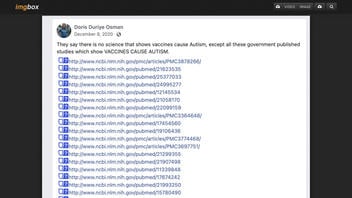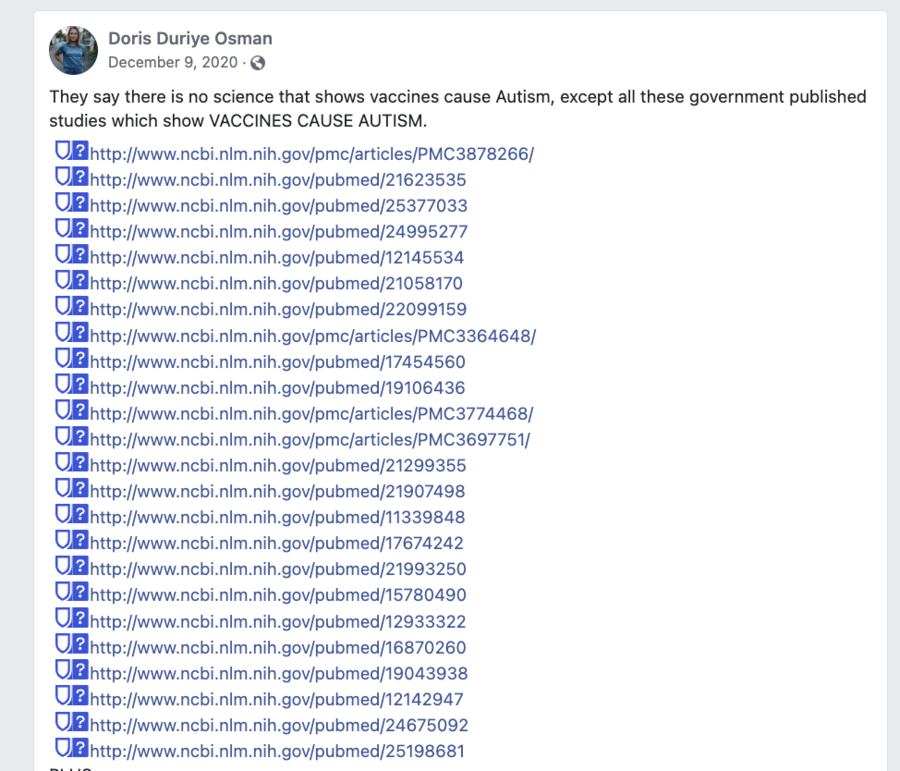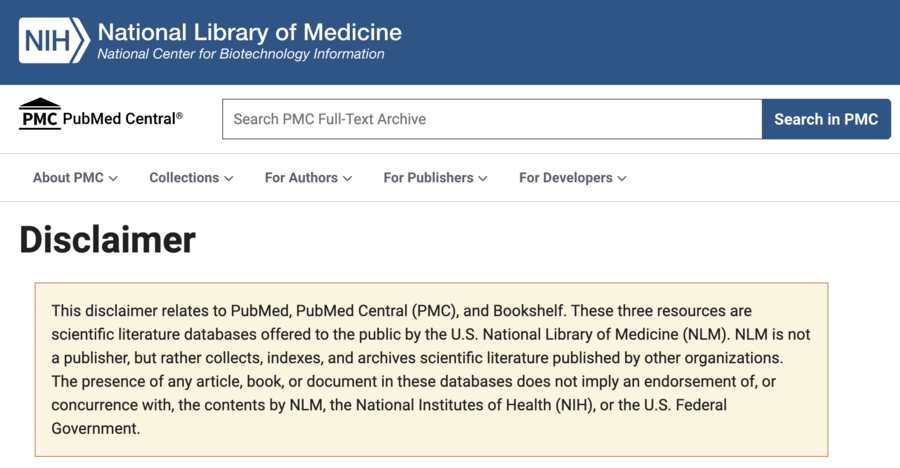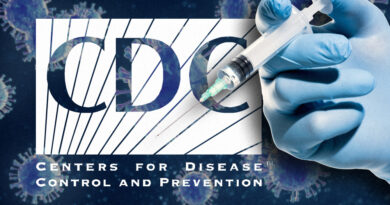Fact Check: List Of 24 ‘Government Published’ Studies Does NOT Prove Vaccines Cause Autism

Does a list of two dozen papers allegedly funded, supported or published by government agencies present new evidence confirming that vaccines cause autism? No, that’s not true: Those posts on social media reused old, previously debunked studies, stemming from a retracted article, not from government research.
The claim is derived from a post published on Facebook on December 9, 2020, that later reappeared in a video posted on May 23, 2023, by the same account.
The original post opened:
They say there is no science that shows vaccines cause Autism, except all these government published studies which show VACCINES CAUSE AUTISM.
This is what it looked like on Facebook at the time of writing:
(Source: Facebook screenshot taken on Wed May 31 16:38:14 2023 UTC)
The list included 24 entries that can be found on the website of the National Library of Medicine. However, that does not mean that they were conducted or sponsored by the government or affiliated entities.
While the National Library of Medicine is a government resource, it is not always a publisher. In many cases, it only indexes existing studies. Such a disclaimer is attached to several articles from the list published on Facebook (for example, here and here):
(Source: ncbi.nlm.nih.gov screenshot taken on Wed May 31 15:33:58 2023 UTC)
All items mentioned in the post on Facebook predate the 2015 study published by the peer-reviewed Journal of the American Medical Association, that included one of the biggest samples in the history of such studies — nearly 96,000 children. It found no association between autism spectrum disorders (ASD) and MMR (measles, mumps and rubella) vaccine status:
In this large sample of privately insured children with older siblings, receipt of the MMR vaccine was not associated with increased risk of ASD, regardless of whether older siblings had ASD. These findings indicate no harmful association between MMR vaccine receipt and ASD even among children already at higher risk for ASD.
A massive wave of misinformation about the purported connection between vaccination and autism was triggered in 1998 when British physician Andrew Wakefield published a study in The Lancet, one of the most highly regarded peer-reviewed medical journals. The paper included only 12 children and later was criticized for poor design, errors, ethical violations and failure to disclose conflicts of interest. In February 2010, The Lancet retracted the article:
Following the judgment of the UK General Medical Council’s Fitness to Practise Panel on Jan 28, 2010, it has become clear that several elements of the 1998 paper by Wakefield et al are incorrect, contrary to the findings of an earlier investigation. In particular, the claims in the original paper that children were ‘consecutively referred’ and that investigations were ‘approved’ by the local ethics committee have been proven to be false. Therefore we fully retract this paper from the published record.
Forty-six percent (11 out of 24) of the items from the list on Facebook were written before 2010.
Later a journalistic investigation discovered that Wakefield and his team were cherry-picking the data to make the case.
Review after review, researchers continue to confirm that vaccines don’t cause autism, and as of 2023, it appears to be a solid consensus in the scientific community.
A 2012 meta-analysis conducted by the National Academy of Medicine looked into 22 studies but dismissed 17 of them for low quality:
Twelve studies … were not considered in the weight of epidemiologic evidence because they provided data from a passive surveillance system lacking an unvaccinated comparison population or an ecological comparison study lacking individual-level data. Five controlled studies … had very serious methodological limitations that precluded their inclusion in this assessment. Taylor et al. (2002) inadequately described the data analysis used to compare autism compounded by serious bowel problems or regression (cases) with autism free of such problems (controls). DeStefano et al. (2004) and Uchiyama et al. (2007) did not provide sufficient data on whether autism onset or diagnosis preceded or followed MMR vaccination. The study by Richler et al. (2006) had the potential for recall bias since the age at autism onset was determined using parental interviews, and their data analysis appeared to ignore pair-matching of cases and controls, which could have biased their findings toward the null. Schultz et al. (2008) conducted an Internet-based case-control study and excluded many participants due to missing survey data, which increased the potential for selection and information bias.
The authors of the remaining five studies found no association between autism and MMR vaccines.
A 2013 study conducted in affiliation with the CDC’s Immunization Safety Office, which is a government entity, reached the same conclusion.
The CDC website says:
Since 2003, there have been nine CDC-funded or conducted studies that have found no link between thimerosal-containing vaccines and ASD. These studies also found no link between the measles, mumps, and rubella (MMR) vaccine and ASD in children. Learn more about the CDC Studies on Thimerosal in Vaccines [pdf icon] [PDF – 2 pages].
Researchers who looked into the most common misconceptions about the purported link between vaccines and autism (for example, here and here) name several fallacies.
One is timing. Both MMR vaccination and many autistic spectrum disorder diagnoses typically take place when babies are about 2 years old. Such a coincidence does not automatically mean a causal effect. Moreover, in practice, often it may take longer to pinpoint the final diagnosis, meaning that an event that could have occurred before vaccination may follow it, which contributes to misinterpretation of the cause and effect relationship.
Another common misconception is a conflation of exposure to massive amounts of mercury in the environment (which may cause neurological diseases) and microdoses of thimerosal. Thimerosal is an organic mercury-containing substance, previously used as a preservative in vaccines, that had been almost entirely removed from shots for children in 2001, according to the CDC website.
Lead Stories previously debunked other false claims about the purported connection between vaccines and autism. Those fact checks can be found here.
This article has been archived for your research. The original version from Lead Stories can be found here.




